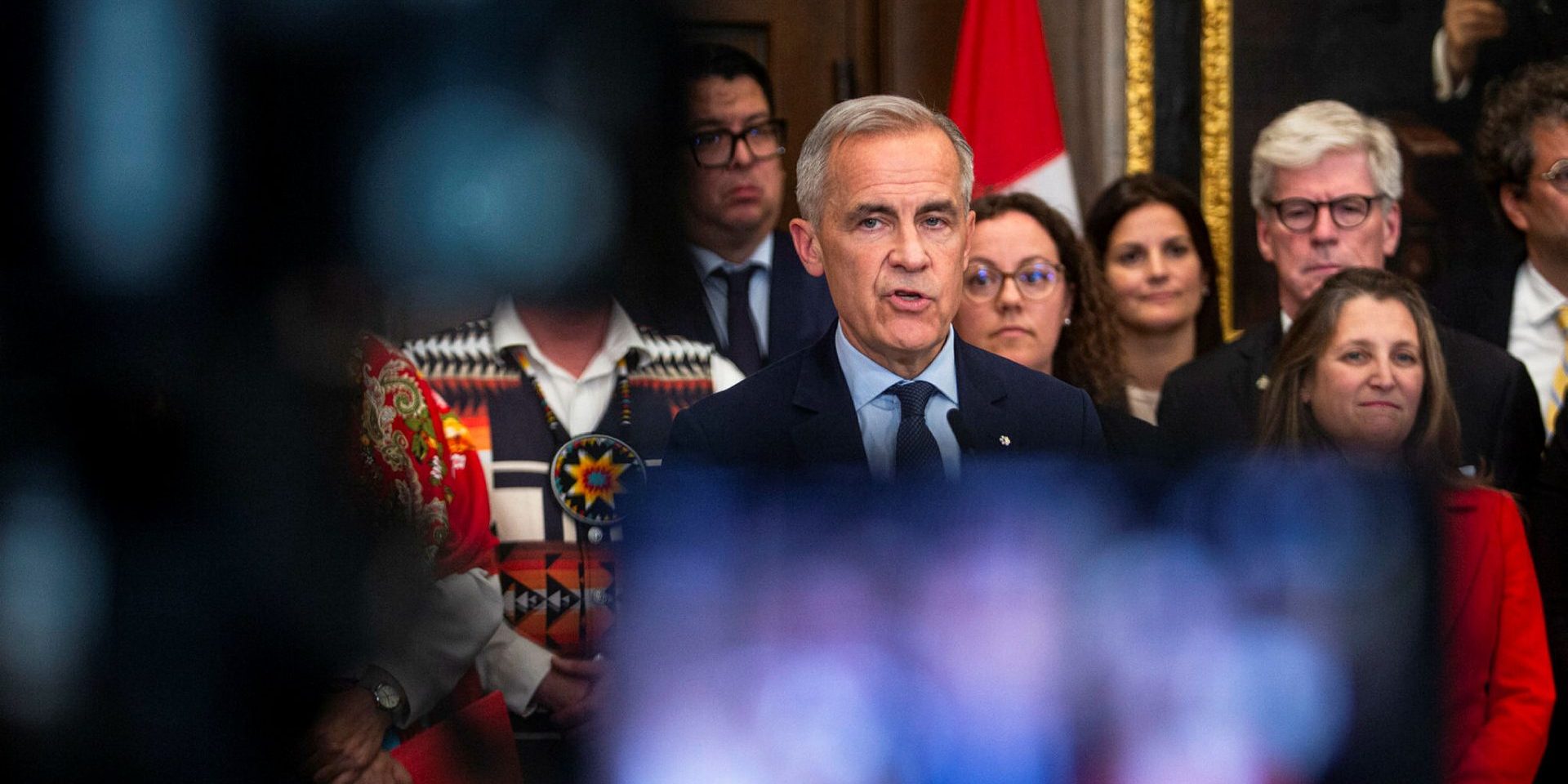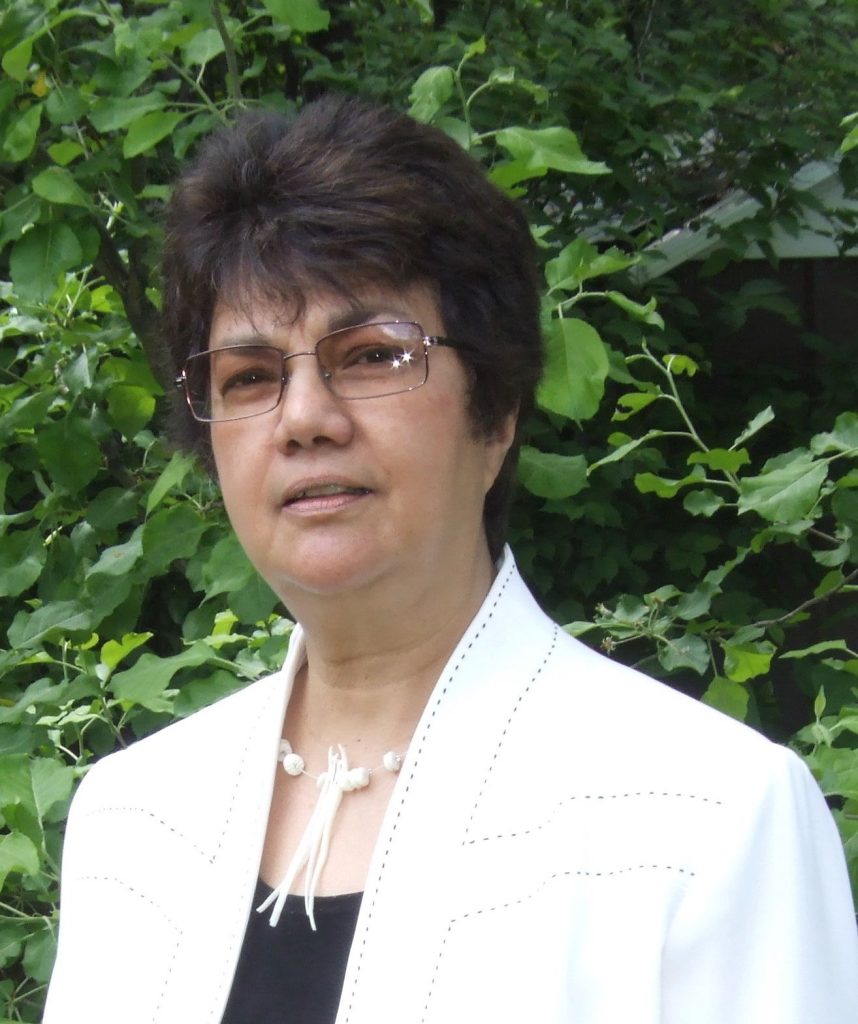Bill C-5: RIP reconciliation?

Against the backdrop of United States President Donald Trump’s threat to Canada’s future, the prime minister is embarking on a nation-building project rivalling John A. Macdonald’s National Policy.
The mantra is “build, baby, build,” with Bill C-5, the One Canadian Economy Act, the midwife of this plan. The haste with which this legislation was rushed through Parliament is troubling many, as was the Trump-like urgency behind getting an agreement on internal trade by Canada Day.
There’s no question that Mark Carney has a lot of political capital to spend, and he has to exploit the honeymoon afterglow. It is also true that the logic of his actions is sound: Canada has been far too dependent on trade with the Americans—an understandable strategy if a multibillion-dollar market sits on your doorstep. With that market disappearing, moves to find others in Europe and beyond are necessary, as are plans to forge a closer relationship with the European Union. However, embedding the ability to bypass pesky regulations and perhaps limit public consultations to accelerate construction of major projects does not inspire confidence. Legitimate concerns have been expressed by—among others—Indigenous and environmental groups who feel that their voices will be muted, if not silenced.

The cost of living and the housing shortage dominated the recent federal election, easing out issues like climate change, health care, etc. Here again, not surprising since having a roof over one’s head must take precedence over everything else. Building housing at break-neck speed is one thing, but fast-tracking mega-projects is something else entirely. Is it wise to put the environment on the back burner when evidence of a warming planet smacks us in the face every summer? And is there not a danger that Indigenous interests may be sidelined in pursuit of a new National Policy? RIP reconciliation?
The duty to consult Indigenous groups has been affirmed and clarified by various Supreme Court decisions, and Canada’s ratification of the United Nations Declaration on the Rights of Indigenous Peoples. The latter obliges the federal government to uphold the principle of “free, prior, and informed consent” of Indigenous groups before resource development projects affecting their lands can proceed.
It is important to point out that Indigenous groups have a very different attitude to decision-making. They do not make important decisions lightly. They consider their impact far into the future to determine how the seventh generation will be affected. While this might seem excessive to Settler society, one would hope that we would—at the very least—consider the repercussions of our actions on our grandchildren.
In fact, we could learn much from Indigenous values and attitudes to resources, especially with respect to water. Indigenous groups do not frame the discussion in terms of their rights to water; rather, the focus is on their obligations to it. While Settlers believe they have dominion over the Earth, Indigenous people adhere to an ethic of responsibility when interacting with water and other resources. They consider themselves stewards of nature’s bounty obliged to protect and preserve it for future generations.
An understanding of foundational beliefs shared by Indigenous Peoples across the globe will explain why they do not rush when making consequential decisions. It’s a mistake to regard their opposition to large-scale projects as mere obstructionism. In fact, we would do well to adopt some of their caution when we undertake massive projects whose environmental impact may prove costly.
The prime minister is buoyed by his victory in the April election, but if he overplays his hand, he might find that it isn’t just Indigenous groups and environmentalists who are experiencing buyer’s remorse.
Doreen Barrie is an adjunct assistant professor of political science at the University of Calgary. She is the author of The Other Alberta: Decoding a Political Enigma.
The Hill Times





 LICENSING
LICENSING PODCAST
PODCAST ALERTS
ALERTS


